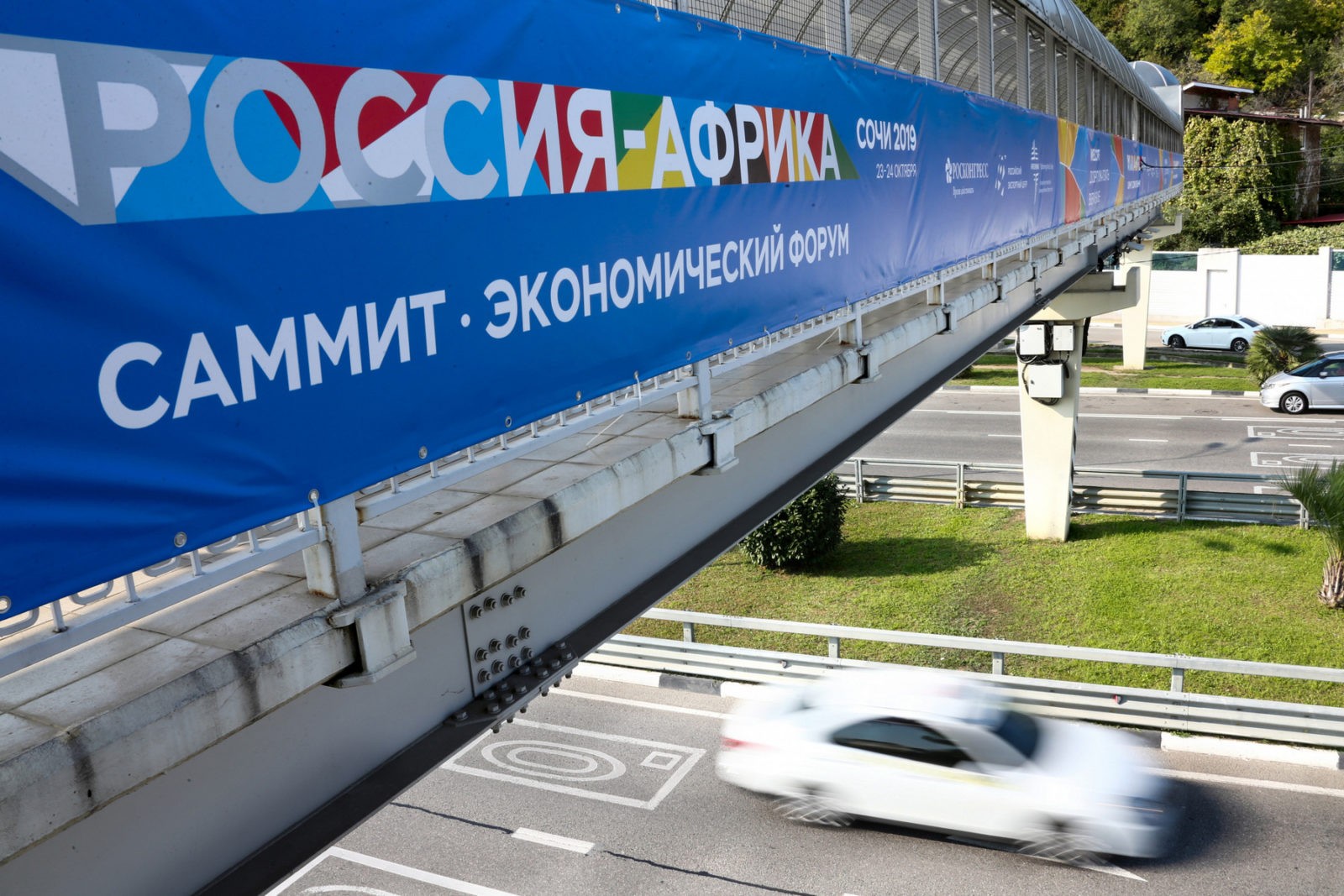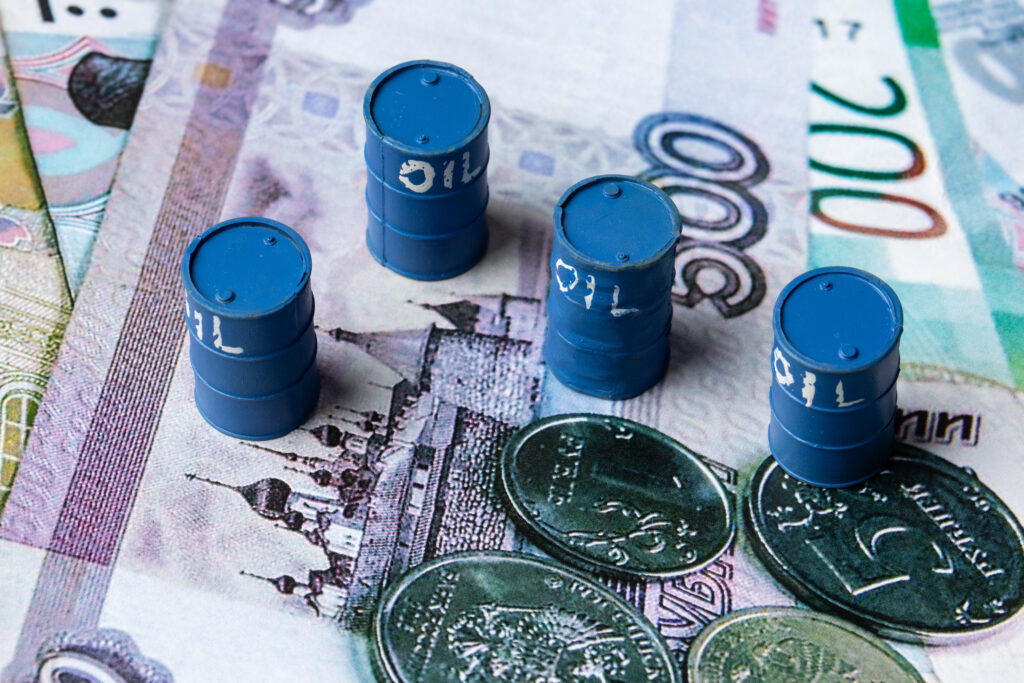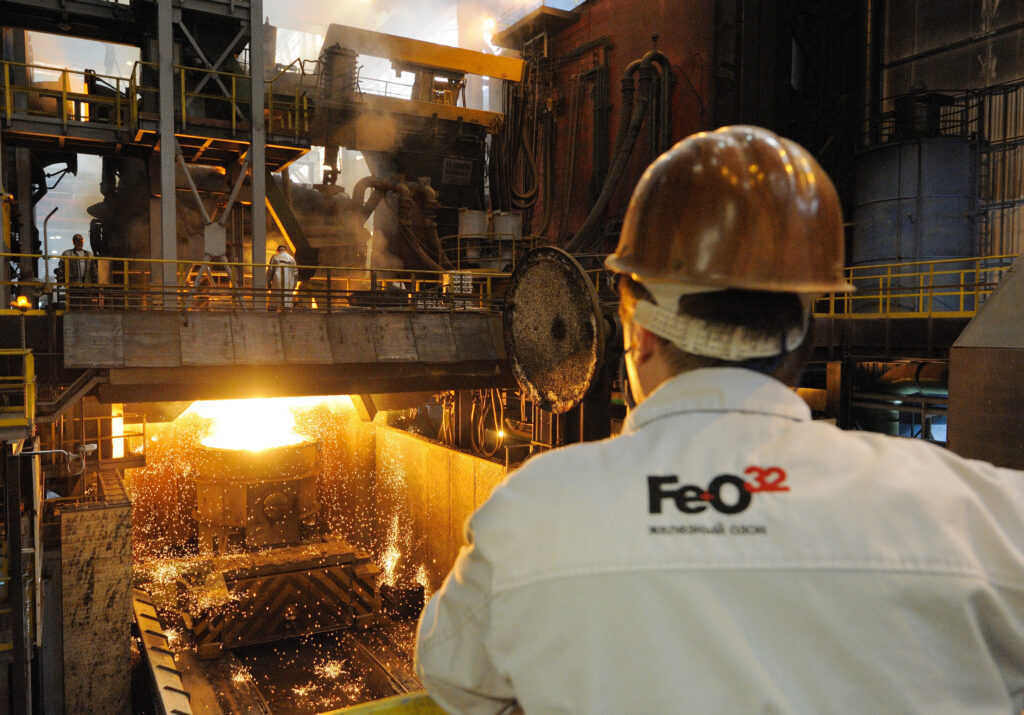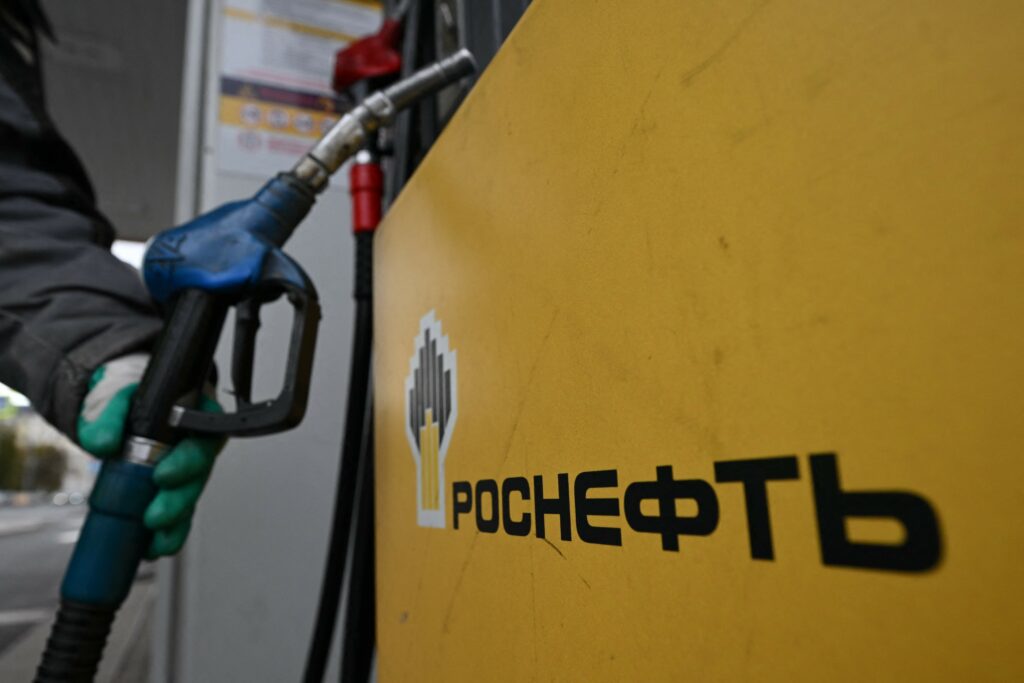The first Russia-Africa summit opens in Sochi on October 23 — another harbinger of Russia’s plans to revamp its interaction with Africa. Back in the Cold War era, the Soviet Union wielded strong ideological, political and economic influence over large parts of the continent. Much of that, however, swiftly faded in the wake of the Soviet collapse. Today, Russia’s quest for a return to relevance and influence in Africa faces stiff competition, not least from China, which has been spending heavily on infrastructure and mining projects as part of its ‘Belt and Road Initiative’. Yet there is still one area Russia where has few competitors — nuclear energy. This edge might not face too much of a threat from Europe, which continues to decommission its nuclear power plants. And there is strong demand to cater for among African states; one after another, they are declaring their desire to develop a peaceful atom, and Russia is expressing eagerness to make that happen. So agreements in this area could well prove to be a long-term tool of Moscow’s influence on African countries.
African nuclear limitations
Russia is a major player on the nuclear market. It corresponds for 7% of world uranium production; 20% conversion and 45% enrichment of this element, as well as for the construction of 25% of nuclear power plants in the world. Africa, on the contrary, looks like a big blank spot on the map of nuclear energy distribution: only one nuclear power plant in South Africa operates on the whole continent. It is not hard to guess that for nuclear companies, this region is a glaring opportunity.
In the past few years, Rosatom has been paying particular attention to the African continent: various contracts and agreements on nuclear cooperation have been signed. In many cases, Russia is striving to get ahead of Chinese competitors. China has mainly focused on the construction of nuclear power plants at home; but since 2013, Beijing has announced plans to enter the world market. Negotiations on the supply of Chinese nuclear technology are underway with South Africa, Kenya, Egypt and Sudan.
Documents signed by Russia in the field of nuclear cooperation with Africa tend to be declarations of intent. But even such a document is a Russian mark on the African map, a statement of rights to local nuclear markets.
The second operating nuclear power plant on the African continent will be the Russian El Dabaa in Egypt, which is currently under construction. According to the terms of the contract, Russia will provide this nuclear power plant with nuclear fuel for the entire life cycle, take care of its utilization and reprocessing, train the personnel of the power plant, and also help the Egyptians with operations in the first ten years. El Dabaa is built on credit: 85% of the project cost ($ 25 billion) Russia loaned Egypt at 3% per annum. In the event of a successful launch, Rosatom’s Egyptian facility will become a «showcase model» of Russian nuclear power plants in Africa; through loans and Russian specialists, it will also be a long-term tool of influencing Cairo.
Most likely, the second Russian nuclear power plant in Africa will be located in Nigeria, the continent’s largest economy. In 2017, Nigeria and Rosatom signed an agreement on the construction and operation of a nuclear power plant and nuclear research center. The construction of facilities, however, has not yet begun. A Russian nuclear power plant in Nigeria was generally predictable: this country is important for Russia not only because of its relatively strong economy, but also because of its rich oil reserves.
Less ambitious documents have been signed with Ethiopia, Ghana, Kenya, Zambia, Tanzania, Namibia, Uganda, the Republic of Congo and Sudan. The premise of those contracts is the establishment of cooperation on a peaceful atom, but they do not mentioning the specific construction of nuclear power plants.
Instruments of influence
A peculiar case is the South African endeavor. Apparently, Rosatom hatched Napoleonic plans for the construction of several nuclear power plants in South Africa. But their implementation was hindered by the early resignation of President Jacob Zuma. In 2015, Russia convinced Zuma of the need for a $ 100 billion deal to build nuclear power plants. After the president was removed from office in 2018, a strong conviction was established that the deal was pushed through bribes to Zuma and his entourage. However, the deposed head of state received kickbacks not only from Russia: at the moment he is standing trial for several corruption cases.
According to the court testimony of the Minister of Finance of South Africa, Nhlanhla Nene, in 2015, President Zuma dismissed him for refusing to immediately approve the Russian nuclear deal. Zuma allegedly wanted to sign the paper as soon as possible to present it to Vladimir Putin during a scheduled visit to Russia. Nene objected that squandering of this magnitude requires at least some serious assessments from financial experts; those objects saw Nene dismissed (after Zuma’s removal, he returned to the post of Minister of Finance).
Cyril Ramaphosa, who succeeded Zuma, redefined the nuclear ambitions of his predecessor. Although South Africa, most likely, will not completely abandon plans for the construction of nuclear power plants, they will start from one facility and it is unlikely it will be Russian, given the ugly history with the participation of the previous president.
Doubts about the need for nuclear energy — and fears about it — can hinder the construction of nuclear power plants in Africa. It is no coincidence that Rosatom is conducting a multi-stage information campaign to promote nuclear technology. The state-owned company has launched a scholarship program for African students, organized visits of Africans to Russian nuclear facilities, exhibitions and webinars, as well as the annual «Atoms for Africa» video contest with prize trips to Russia. One of the latest creative discoveries of Rosatom is an international fishing competition near the Leningrad Nuclear Power Plants. This event is intended to demonstrate the safety of nuclear energy. The competition took place on August 1−2, 2019, and the first place was taken by representatives of Egypt, which seems apt.
Peaceful atom in the non-peaceful region
The desire of African countries to place Russian nuclear power plants on their territory is understandable: Rosatom provides cheaper products than its competitors, is ready to loan money for construction and take care of the disposal of nuclear waste, and, in the conditions of constant blackouts, the continent needs uninterrupted, environmentally friendly and inexpensive electricity supplies as never before. In addition, unlike the United States, Russia does not require additional guarantees from its partners that they will use radioactive materials and received technologies only for peaceful purposes.
But the minuses of the aggressive promotion of a nuclear power in Africa are also obvious. Nuclear energy is a subject of controversy even in developed countries: Germany, Italy, Belgium and a number of other states have decided to gradually abandon this source of energy. Not to mention the poorest economies in the world, which for the most part are African states.
First of all, the problem of the safety of nuclear facilities arises. African countries suffer from regime instability, rampant terrorist and criminal groups, and an aging and unreliable infrastructure. The general devastation against the backdrop of a change of power, popular unrest and terrorist attacks may serve as one of the reasons for the accident at a nuclear facility or the fall of radioactive materials in the wrong hands, followed by the manufacture of a «dirty bomb.» Of course, Rosatom is unlikely to leave its facilities unprotected; the disposal of nuclear waste in Russia is designed to prevent the leakage of hazardous elements. However, the researchers point out that the risks of nuclear energy coming to unstable African soil cannot be understated: these countries still lack the necessary infrastructure, specialists and supervision over the implementation of international treaties in the field of control of the spread of nuclear materials.
In addition, the question arises as to whether Russia will ultimately be able to receive multi-billion payments on «atomic» loans. The economies of developing countries are often dependent on the export of one type of raw material. For example, Nigeria exists almost entirely on oil revenues. Fluctuations in world prices for these resources can send an unstable economy into a tailspin, potentially drying up loan repayments. When debts become irreparable, they can only be forgiven, which was done in relation to the «Soviet» loans to the countries of the former socialist camp. Over the past 20 years, Moscow has written off $ 140 billion to foreign borrowers, of which $ 20 billion came from African states. The persistent pushing of expensive nuclear projects in countries with a bad credit history suggests political motivation overriding economic calculations.
Still, political ties do matter. According to Egyptian President Abdel Fattah el-Sisi, the El Dabaa Nuclear Power Plant project «should become a symbol of the historical friendship between Egypt and Russia.» And in the face of increased international isolation and the sanctions regime, «friends» in the world arena are needed more than ever.










